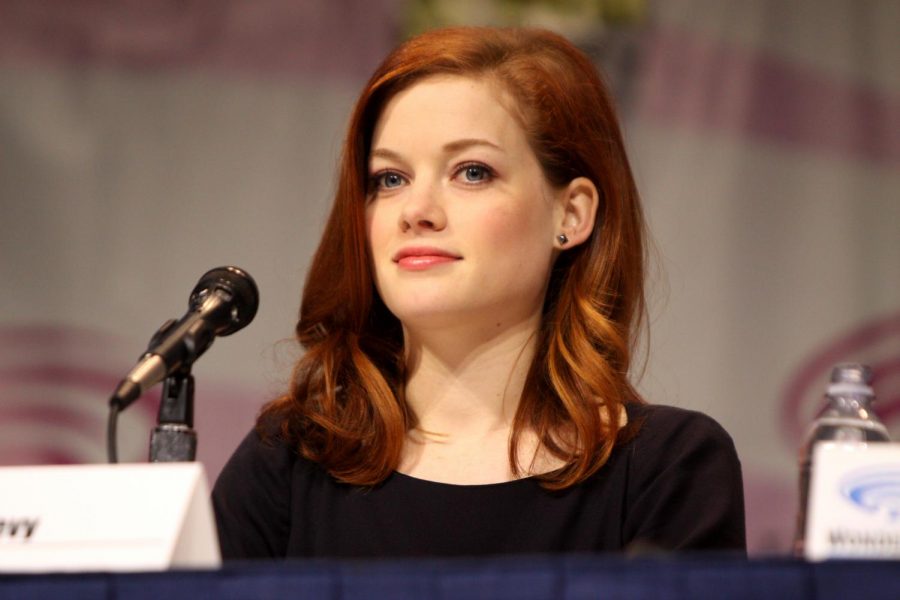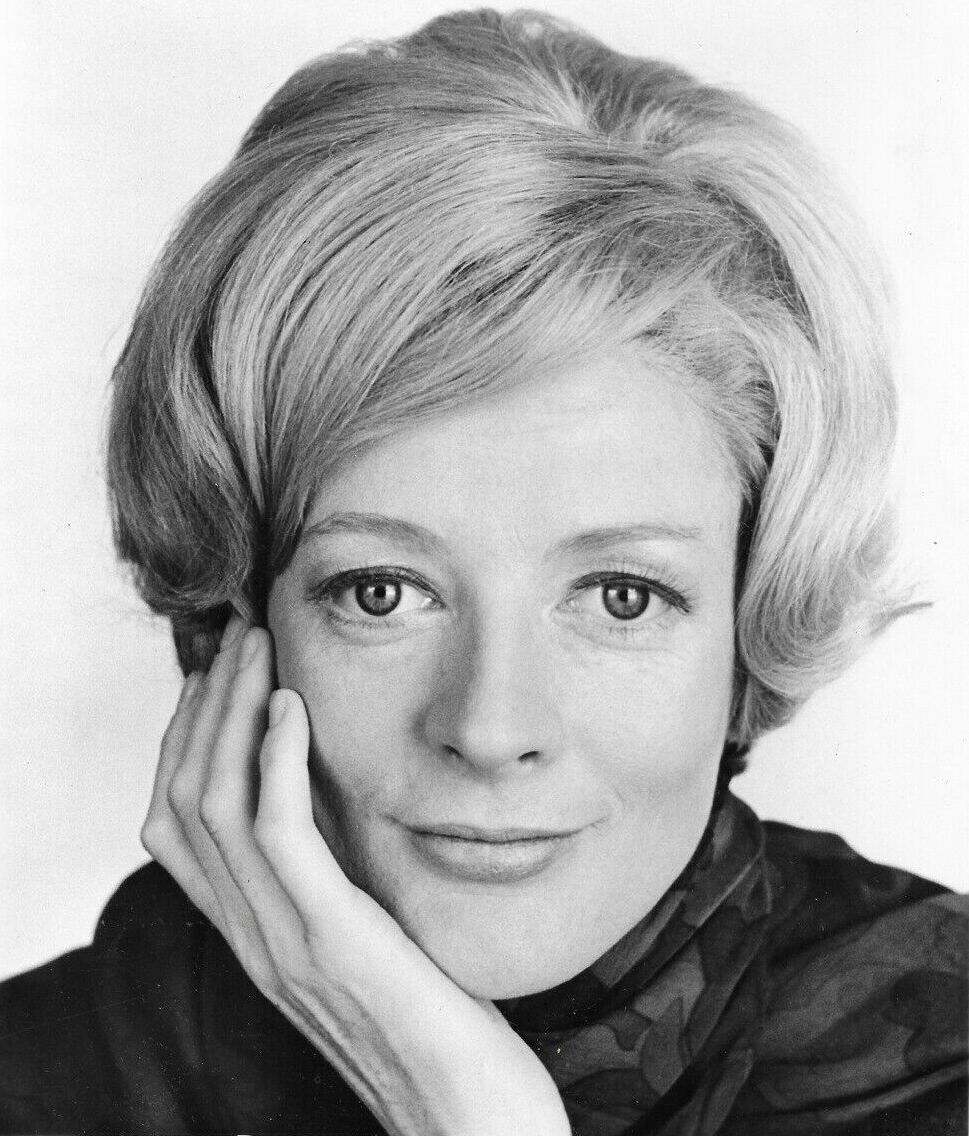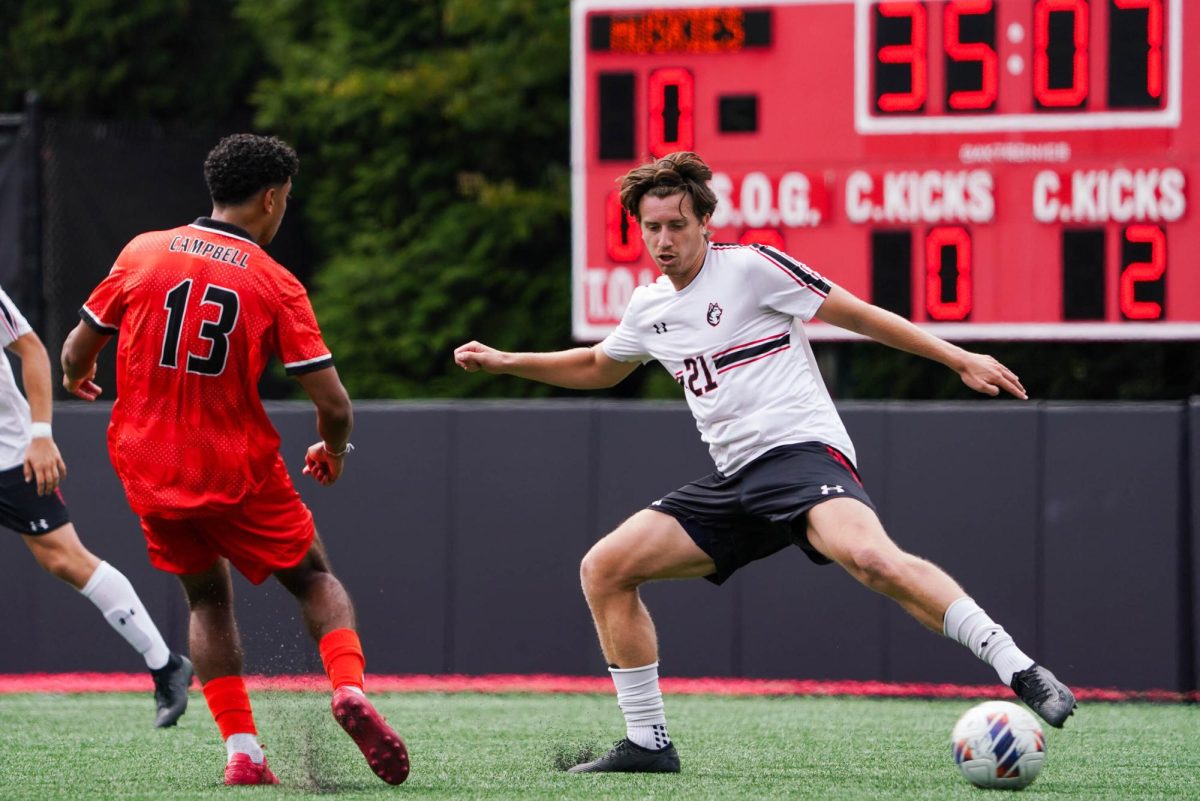Review: ‘Zoey’s Extraordinary Playlist’ takes on racism in tech — through song.
March 11, 2021
Spoilers for Season Two of Zoey’s Extraordinary playlist ahead
Using music, Season One of “Zoey’s Extraordinary Playlist” took on some of 2020’s toughest themes – the death of a family member, new parenthood, finding life after grief, career moves and work romance – and succeeds. Now, its second season is tackling racism.
Zoey Clarke (Jane Levy) is making her way up the ladder at a technology company called SPRQpoint while her father battles progressive supranuclear palsy, or PSP. In a freak accident involving an earthquake and an MRI machine, Zoey gets a superpower where she can hear other people’s innermost thoughts in the form of a song, coined ‘heartsongs’ by her friend and neighbor Mo (Alex Newell).
In the Season Two winter finale, “Zoey’s Extraordinary Reckoning,” the plot centers on lack of representation in the tech industry.
The topic of race in television is often overlooked or made a side plot to the main romance or action. TV shows centered around a specific experience like “black-ish” or “Gentefied” deal with different facets of race and racism. However, shows which center around concepts like a shared workspace like “Grey’s Anatomy,” or a central romance like “Vampire Diaries” often ignore it completely. By making racism in the technology industry the subject of the winter finale and presumably episodes to come, the writers show their clear commitment to making conversations around racism a part of the entire series.
The prior episode revealed that “The Chirp,” a watch created by SPRQpoint, had a glitch in which the AI technology would not recognize the faces of people of color – an issue which arose due to a lack of representation of people of color within the company. The company assigned Simon (John Clarence Stewart), one of the only Black men in a leadership position, to clean up the mess.
Instead of defending the company, Simon calls it out. With a rendition of Nina Simone’s “Don’t Let Me Be Misunderstood,” Simon’s heartsong communicates clearly how he feels.
The song choices throughout the series are what sets it apart from its predecessors – namely the early 2000s and 2010s hit – “Glee.” The songs are not meant to pander to top 50 listeners but rather provide the most suitable song for the message at hand.
All of this sets up the winter finale. This episode was written by Zora Bikangaga, a Black man, rather than the show’s usual head writer, Austin Winsberg.
In the finale episode, Zoey, whose family and relationship drama had taken up the majority of the second season, comes to an important conclusion: it is not about her.
Throughout this episode, Zoey communicates the fact that she is genuinely struggling to do something right. Conversations about race are hard, and the show does not shy away from showing that challenge.
Although Zoey is the protagonist, she is not the focus of the episode – it is Simon. This is a smart choice by the writers because the conversation about racism and tech cannot focus on someone who does not experience it.
After Zoey’s horrific, but well-meant attempt at a town hall to foster a conversation about race, Simon sings “Black Man in a White World” by Michael Kiwanuka. This performance is mesmerizing.
At times the use of dance to accompany the heartsong in the show seems awkward or out of place, but in this scene, it does not. Simon’s slow, calculating movements, which accompany the low timbre vocals of the song, create a vision of a man on stage in front of thousands – not just in the setting of the open-concept office space.
The central conflict of the episode is a moral decision for Simon. After a conversation with her boss and problematic tech CEO, Danny Michael Davis (Noah Weisberg), Zoey must tell Simon to retract his statement. Davis wanted Simon to say the experience of racial profiling and racial injustice inside SPRQpoint is isolated to only him, but Simon wouldn’t.
Although it might be frustrating at first to the viewer, this is a point in the show which does not feel overly cheesy like some of the romantic plot lines. It is the reflection of a real-life problem facing people who want to make social change and work against racism in the workplace. They are constantly challenged by the burden of proof, so why wouldn’t Simon be? It is not enough to have one person speak out – the proof must be overwhelming.
“Zoey’s Extraordinary Playlist” may be cheesy – sometimes so cringe-inducing that a couple of minutes must be skipped due to second-hand embarrassment. However, the writers’ clear goal of using song to increase empathy with these characters works. Maybe the interpretive dancing can go, but the performances are compelling. Jane Levy’s performance, in particular, was so inspiring that she received a Golden Globe nomination. The show’s take on racism in the tech industry will not just be a one-off episode about race. The show’s trajectory at this point appears to be making it into a major plot point of the season.
Maybe “Glee” grew up.







